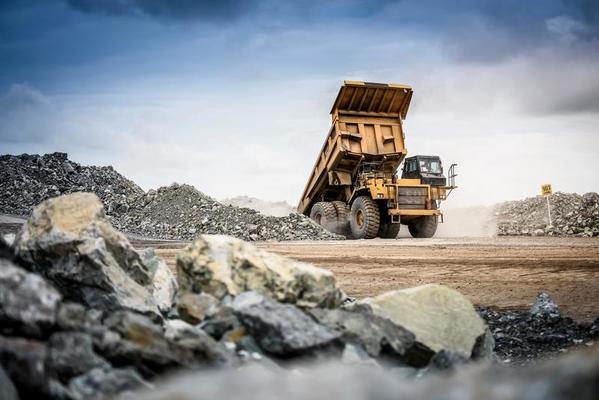New Delhi, January 8, 2025
The Indian Space Research Organisation (ISRO) has once again delayed its ambitious space docking experiment involving two satellites in orbit. Initially planned for January 7 and later rescheduled to January 9, the mission has now been postponed due to technical issues encountered during satellite maneuvers.
 Reason for Postponement
Reason for Postponement
In a statement shared on X, ISRO explained, “While making a maneuver to reach 225 meters between satellites, the drift was found to be more than expected, post non-visibility period. The planned docking for tomorrow is postponed. Satellites are safe.”
About the Mission
This space docking experiment, if successful, will position India as the fourth country in the world to develop space docking technology, joining the ranks of the United States, Russia, and China.
Satellites Involved:
The mission features two satellites, SDX01 (Chaser) and SDX02 (Target), launched on December 30, 2024, using the PSLV-C60 rocket from the Satish Dhawan Space Centre in Sriharikota.
Orbit Details:
The satellites, each weighing around 220 kg, were placed into a 475-km circular orbit. Initially separated by 5 km, ISRO scientists planned to bring the satellites closer, reducing the distance to 3 meters, and eventually achieving docking at an altitude of 470 km above Earth.
Significance of Space Docking Technology
Space docking is a critical capability for advanced space missions, including:
Building and maintaining space stations, such as India’s planned Bharatiya Antariksh Station.
Undertaking complex lunar missions and bringing samples back to Earth.
Supporting future human space exploration missions.
The docking technology demonstrated in this mission will serve as a cost-effective foundation for future developments in India’s space program.
Next Steps
ISRO has assured that both satellites remain safe, and efforts are underway to address the challenges. A revised timeline for the docking experiment will be announced after necessary evaluations.
The mission underscores India’s commitment to advancing its space technology and achieving milestones in global space exploration.




